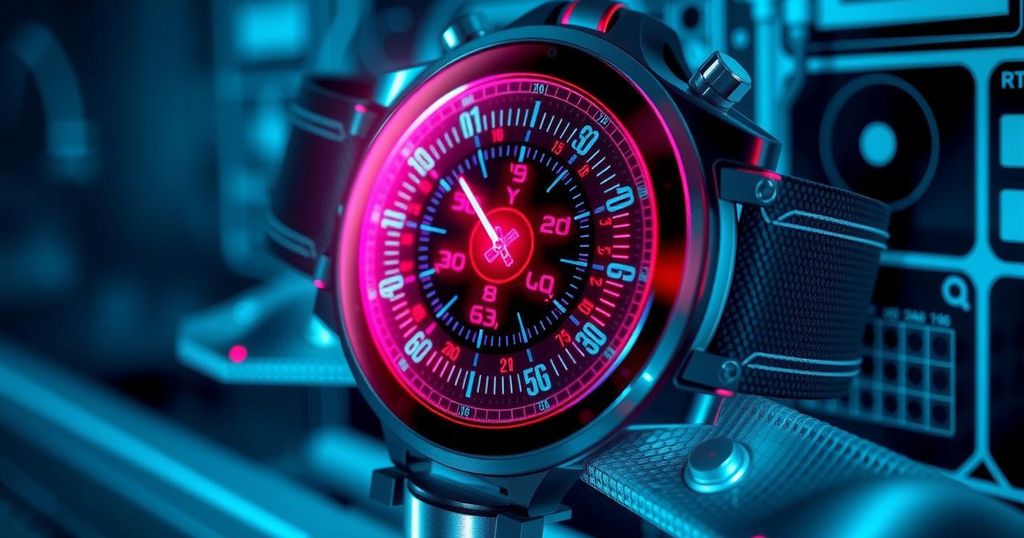Wearable technology is becoming mainstream, particularly in healthcare, but this growth presents cybersecurity risks due to the extensive collection of biometric data. Current regulations like HIPAA and the CCPA provide some protection but are insufficient and fragmented. The need for a comprehensive national privacy law is evident to safeguard consumer data effectively.
As wearable technology expands across consumer and commercial sectors, especially in healthcare, it brings significant benefits, such as increased medical access and better personal health management. However, this rise in data collection from devices like fitness trackers and smartwatches also raises substantial cybersecurity concerns. With the increasing volume of sensitive biometric data being collected—such as heart rates and blood oxygen levels—regulations governing data protection and security are under scrutiny.
The current regulatory landscape for wearable data is fragmented. Manufacturers of medical wearables are influenced by the Health Insurance Portability and Accountability Act (HIPAA), which requires user consent for sharing health-related data and mandates reasonable security measures. The Federal Trade Commission (FTC) also oversees data privacy regulations for financial institutions. Additionally, various state laws, such as the California Consumer Privacy Act (CCPA) and the Illinois Biometric Information Privacy Act (BIPA), establish guidelines for consumer data protection and require explicit consent for data collection. However, these existing laws do not address the loopholes and inadequacies present in the current state of wearable data security.
While protective laws like the FCC’s IoT Cybersecurity Labeling Program exist, which labels devices based on their adherence to data protection standards, they remain voluntary. Major gaps persist within the regulatory framework, particularly regarding the definition of “reasonable protection.” This ambiguity allows companies to utilize outdated security measures while still being seen as compliant until breaches occur. There is a pressing need for a comprehensive national privacy law that would provide clearer guidelines and protections for all consumers against data misuse from wearables.
To mitigate risks, companies should prioritize encryption, access controls, and real-time monitoring. Consumers can safeguard their personal information by minimizing data shared through wearables and utilizing multi-factor authentication (MFA) for accounts linked to these devices. Prompt calls for stronger federal legislation are crucial in addressing the vulnerabilities in wearable data security, ensuring that users are adequately protected.
Wearable technology’s popularity is surging among consumers and businesses, particularly in sectors like healthcare where it can enhance patient access and monitoring. Despite the positive attributes, the collection of vast amounts of biometric data—such as heart rates and other health metrics—raises significant concerns regarding data protection and privacy. Awareness of these issues is paramount as the landscape of regulations struggles to keep pace with rapid technological advancements and the growing risks associated with data breaches.
The current regulatory framework for wearable data protection is inadequate, with many laws lacking specificity and comprehensive coverage. The reliance on outdated definitions of adequate security measures poses risks to sensitive data from wearables. Establishing a national privacy law is essential to address these shortcomings and ensure that both manufacturers and consumers are protected in an increasingly data-driven world. Enhanced vigilance and proactive security measures should be prioritized until stronger regulations are in place.
Original Source: www.biometricupdate.com







